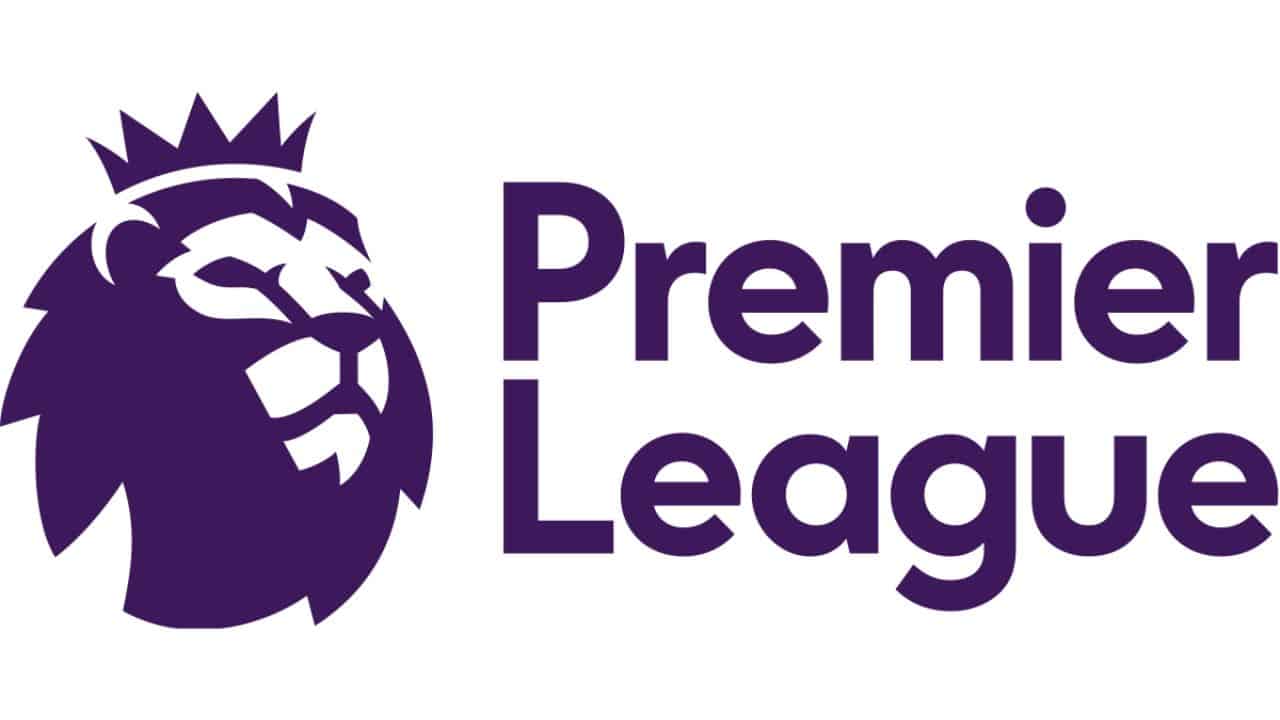The Premier League fixtures for 2022/23 have been revealed, and the next season will begin soon, know the calendar, fixtures and new rules in light of the FIFA 2022 Qatar World Cup
Arsenal’s new season begins on a Friday night, August 5, with a trip to Crystal Palace, thus the season is closer than most people expected. The question now is, what will be changed this season, both in terms of the calendar changes and any new rules?
Premier League 2022/23 Season New Rules, Rule, Fixtures And Calendar Changes Due To Qatar FIFA World Cup 2022
We had a look and discovered six new rules to be aware of, after the announcement by the IFAB (International Football Association Board) of reforms to the game’s governance. These modifications, as well as any changes to the Premier League schedule,
Finally, a winter vacation!
The Premier League will finally have a winter break after a long, long time.
Okay, it’s simply because the 2022 World Cup has been shifted to the winter due to the high heat in Qatar, the host country. Even so, it’s a type of winter break!
The season will start on Friday, August 5 and end on Sunday, May 28. There will be international holidays in September and March, which will create a temporary pause from club action.
The Premier League will now play 16 gameweeks through the weekend of November 12, after which it will have a six-week break for the World Cup, before returning on Boxing Day 2022. However, there are already discussions about delaying the festive fixtures to offer Premier League clubs a true winter break following what is expected to be a demanding World Cup.
The law currently requires five substitutes.
The five-substitute experiment, which enabled clubs to bring in up to five players each match but only in three “windows” per team, was implemented to relieve player stress following the COVID-19 pandemic-induced halt in 2019/20. It was so successful that other leagues (and cup competitions) followed suit, including the Champions League.
The Premier League resisted, but the International Football Association Board (IFAB) has now made it mandatory rather than giving clubs the option. Premier League clubs will finally be able to make a profit.
The Official Tosser of the Coins
If you can believe it, no regulation required the referee to throw a coin to begin the game. There had to be a coin toss, but anyone could have done it in theory (why this was never embraced to give local kids a chance is baffling). The coin must now be tossed by the referee, as stated in the rules.
Officials from the opposing team may be dismissed!
In addition to players and coaches, team officials can now be sent out in penalty shoot-outs, thanks to a modification in the regulations. The Premier League will certainly be exempt, but because the regulations apply to all football, keep a watch on the EFL at this time.
When players lose control, what should you do?
In January 1995, Eric Cantona assaulted a Crystal Palace fan, and it took IFAB until 2022 to officially codify what to do if a player leaves the pitch while the ball is in play to assault a non-player (the rule classifies it as an “outside agent”).
Obviously, if it happens during a dead ball situation as it did with Cantona, the game can resume normally. If the ball is in play at the time of the event, the referee will award an indirect free-kick from where the player exited the field.
Behind the line by one foot
Due to recent rule changes, the goalie had to have at least one foot on the line while facing a penalty and might take one foot ahead of it if they so wished, when facing a penalty. Goalkeepers, on the other hand, might have one foot behind the line, allowing them to start from a deeper position and push off to gain more explosive speed in their efforts to stop the penalty kick, according to the IFAB.
It’s no problem for the goalkeeper!
The wording in the game’s rules wasn’t entirely clear about who could handle the ball in the area without getting sent off. Consider how anyone could have ‘done a Suarez’ and used the IFAB rulebook to prove their innocence all along!
But that is no longer the case, as the regulations now state that no one can handle the ball “except a goalkeeper within their penalty area.”



